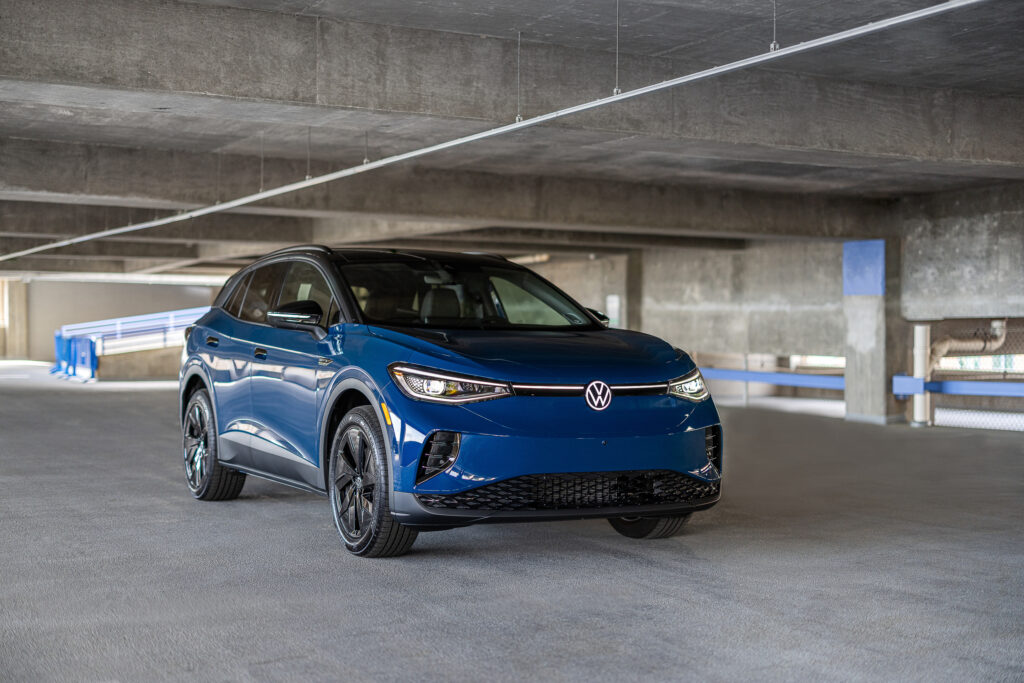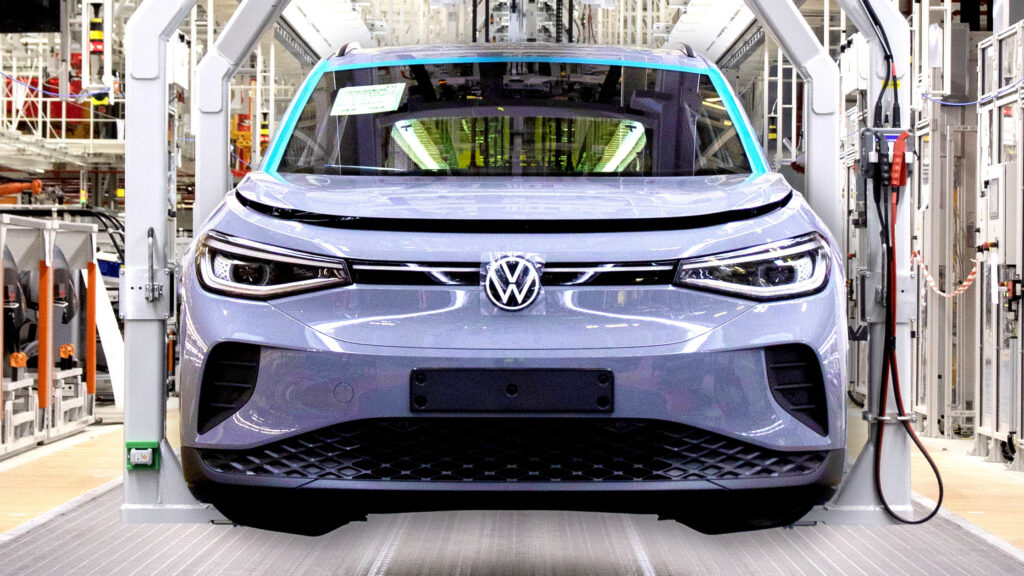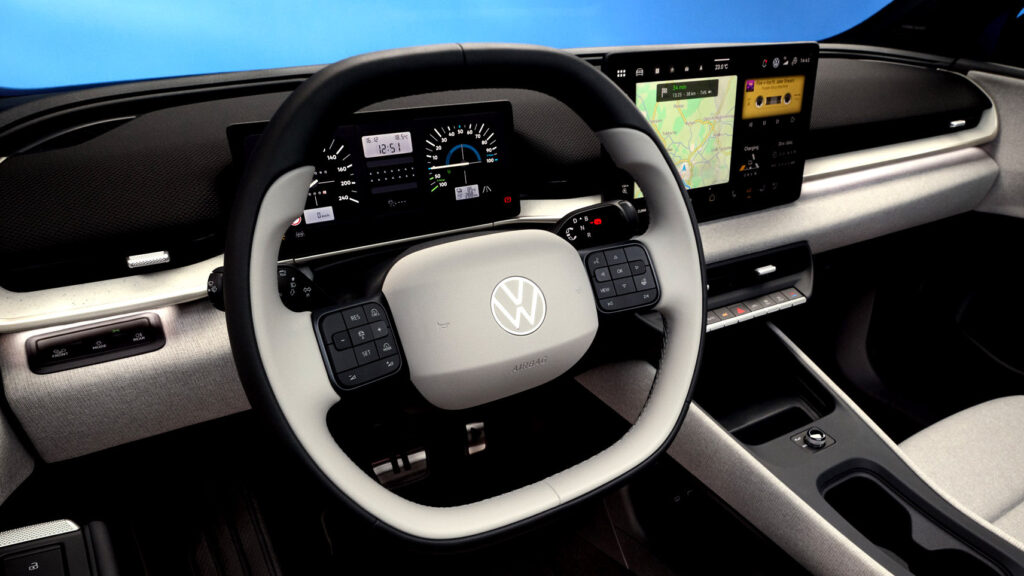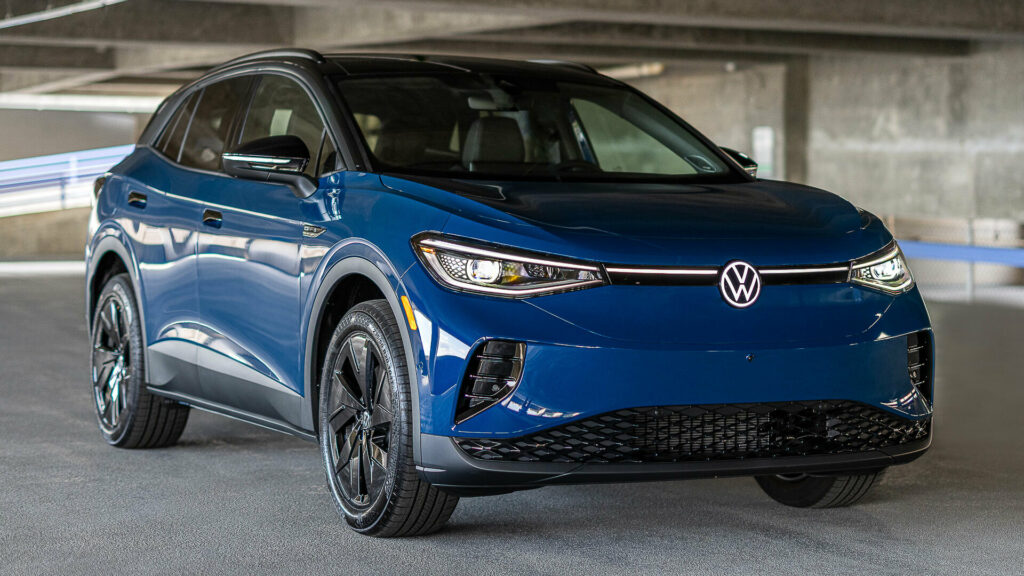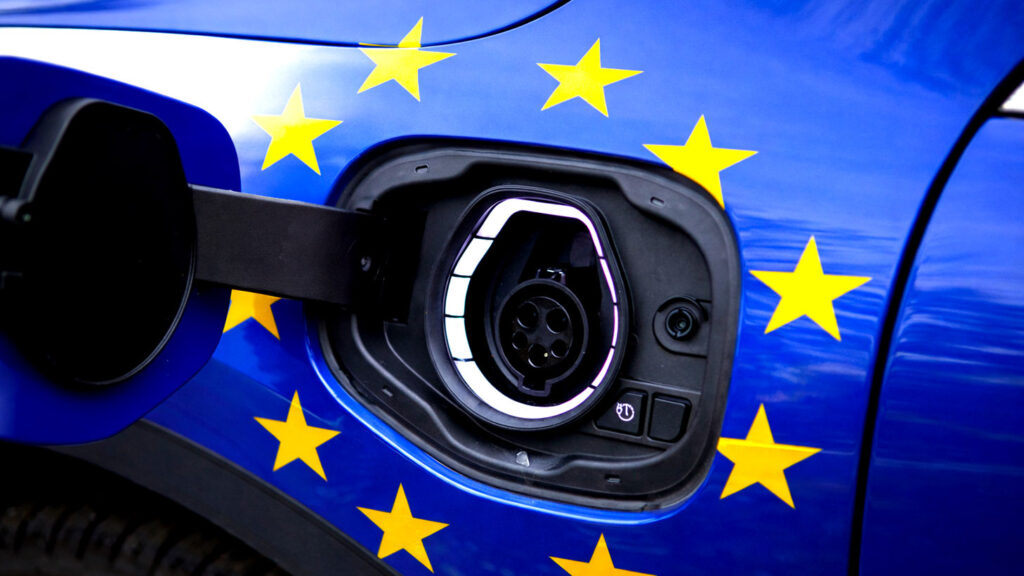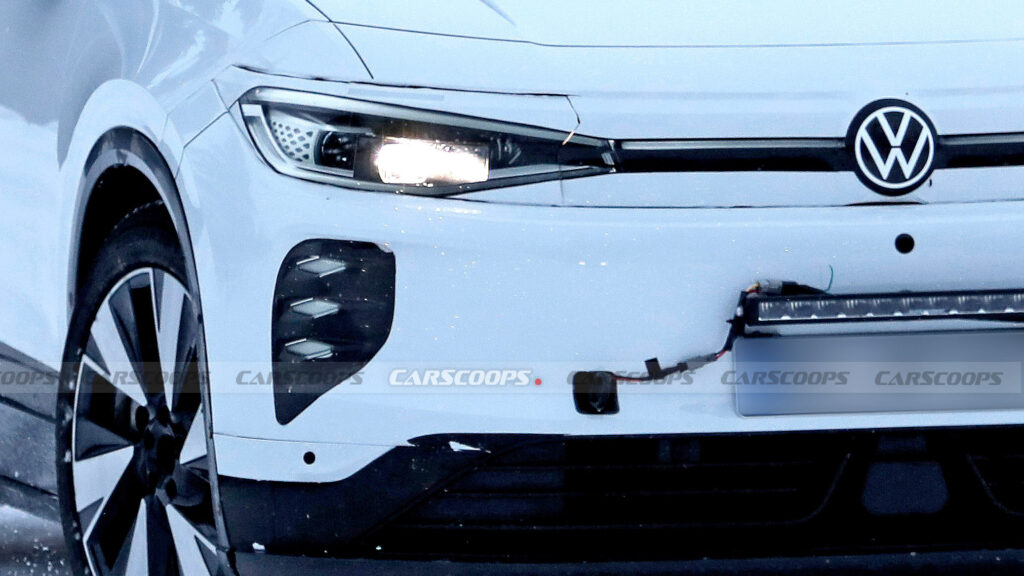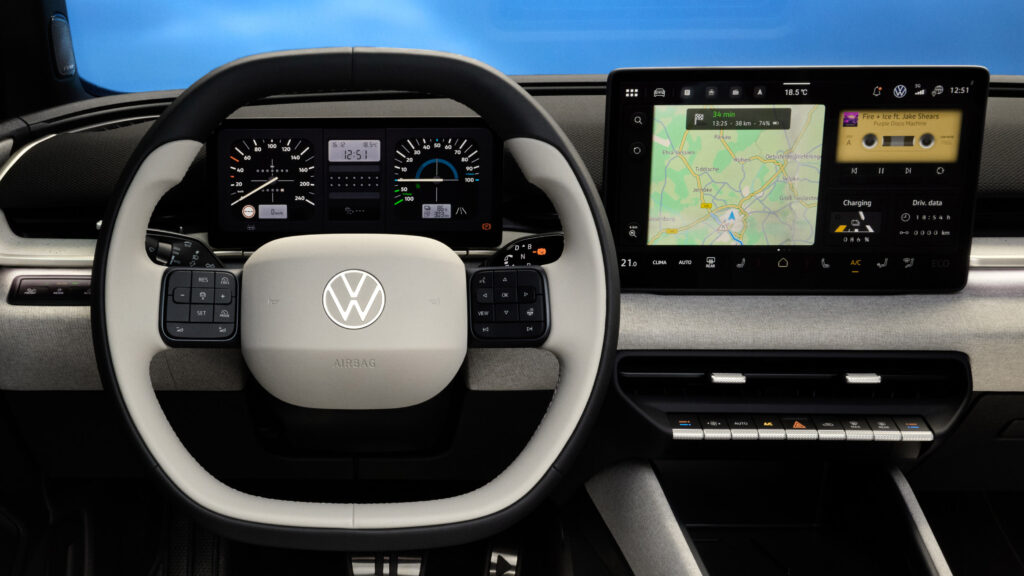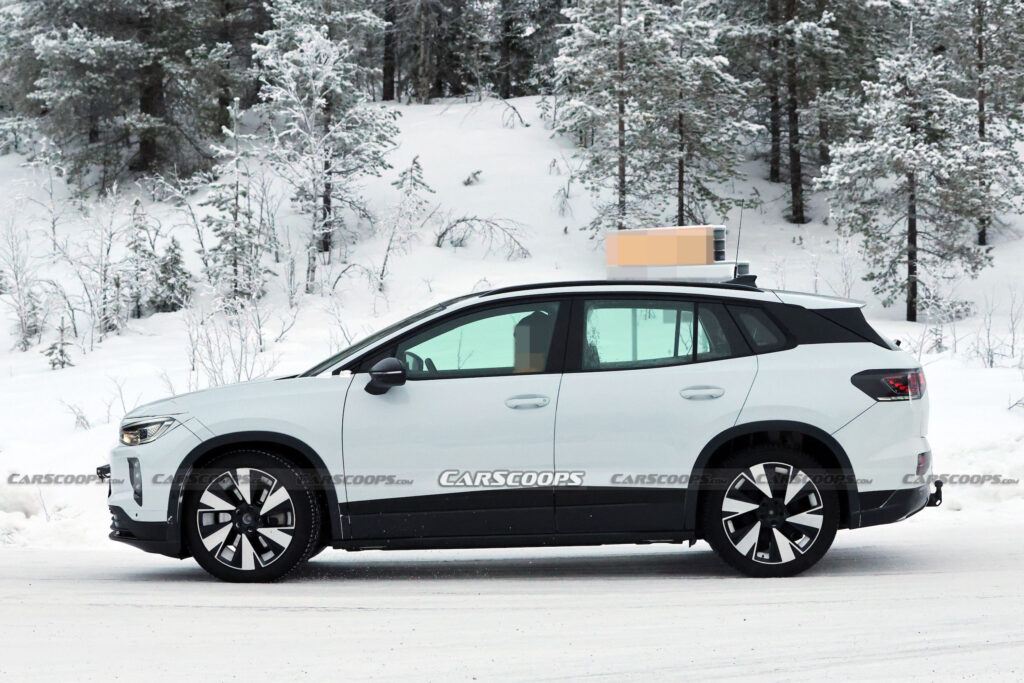VW Warns Hundreds Of EV Owners To Park Outside Immediately After Charging
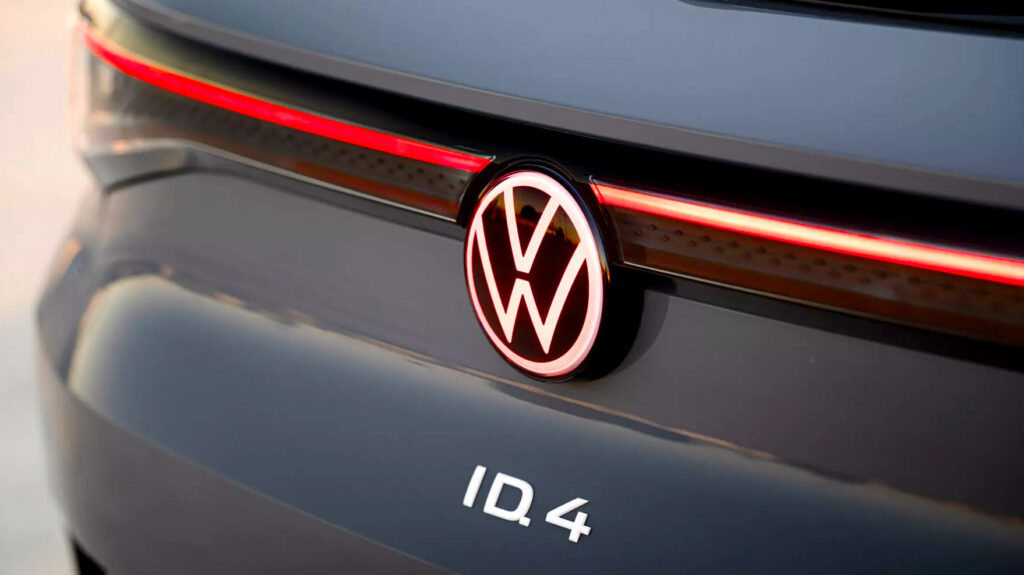
- The ID.4 has been hit by two new recalls involving fires.
- 670 vehicles have batteries with misaligned electrodes.
- 43,881 others need new software and a battery health check.
The recalls keep adding up for the Volkswagen ID.4 and the latest is a major safety issue impacting 670 crossovers. It involves 2023 and 2024 model year vehicles, which have misaligned electrodes that can result in a battery fire.
According to the National Highway Traffic Safety Administration, Volkswagen first became aware of a problem when an ID.4 caught on fire while using a DC fast charger in January of 2024. This kicked off an investigation, but a second fire in a parked vehicle was reported in July.
More: Multiple Fires Spark Urgent Warning For VW EV Owners
A third fire followed in October of 2024, while a fourth came in December. The latter was being driven at the time.
What Caused the Fires?
Due to the “differing nature of these events and the condition of the batteries,” Volkswagen and suppliers had a hard time determining a root cause. However, the company managed to trace the origin of the fires to the battery and found “shifted electrodes” in one of them.
A fifth fire was reported in August of 2025 while using a DC fast charger. Eventually, a tear-down analysis found shifted electrodes and these were confirmed in previous cases via CT images. This sparked a recall in December of 2025, which was amended less than two weeks later as additional faulty batteries where identified.
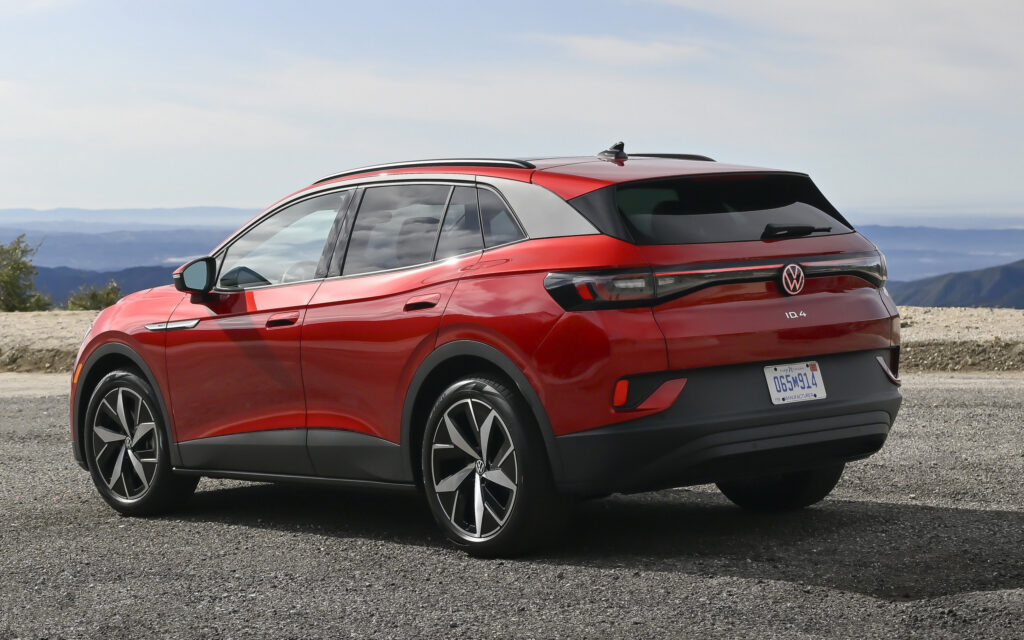
The companies continued looking into the issue and SK Battery America discovered a second production problem that could result in shifted electrodes. The companies aren’t aware of any field reports related to this specific issue, but they’ve decided to conduct a new recall.
Serious Safety Warning
100 percent of the recalled vehicles are believed to be impacted and Volkswagen is warning owners to “park outside immediately after charging and not leave their vehicles charging indoors overnight until the recall repair is complete.”
On top of that, drivers are being advised not to use DC fast chargers and to limit the battery charge to a maximum of 80 percent.
That’s a big inconvenience, but it beats having your ID.4 burst into flames. To address the issue, Volkswagen will replace high voltage battery cell modules.
A Second ID.4 Recall
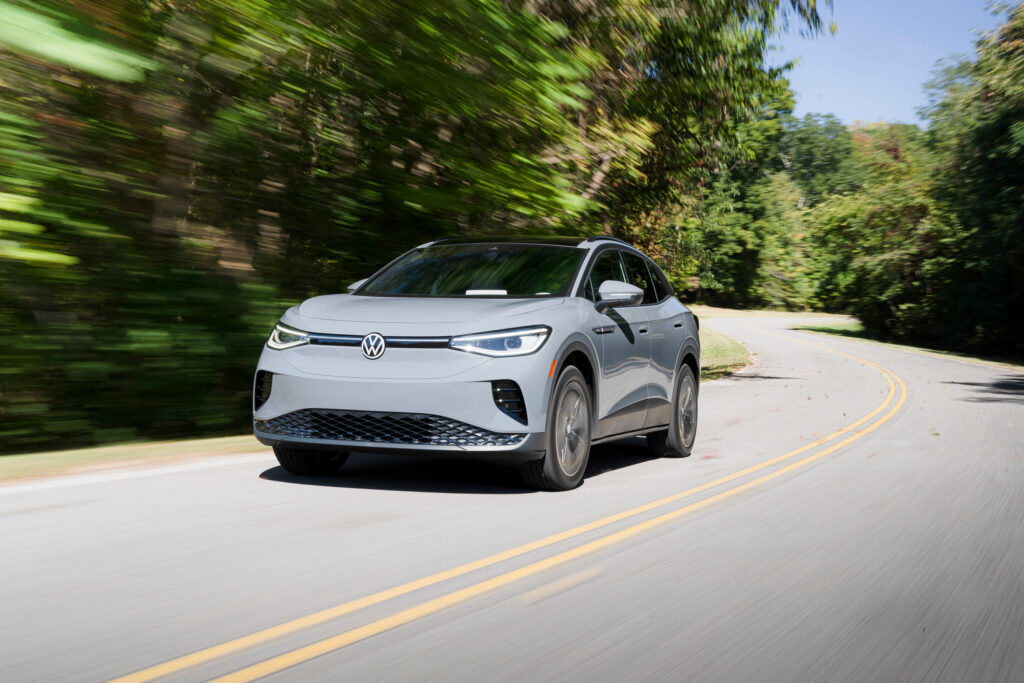
Speaking of ID.4 recalls, there’s a second one involving 2023-2025 models. This one impacts 43,881 vehicles and is due to a battery that can overheat.
This is related to the aforementioned problem and is designed to cover “incidents outside of the ranges being recalled for the shifted electrode issues.” Unfortunately, details are hazy as Volkswagen hasn’t found a clear root cause.
That being said, the automaker warned the battery can experience “thermal propagation” in rare circumstances. This can eventually lead to a vehicle fire.
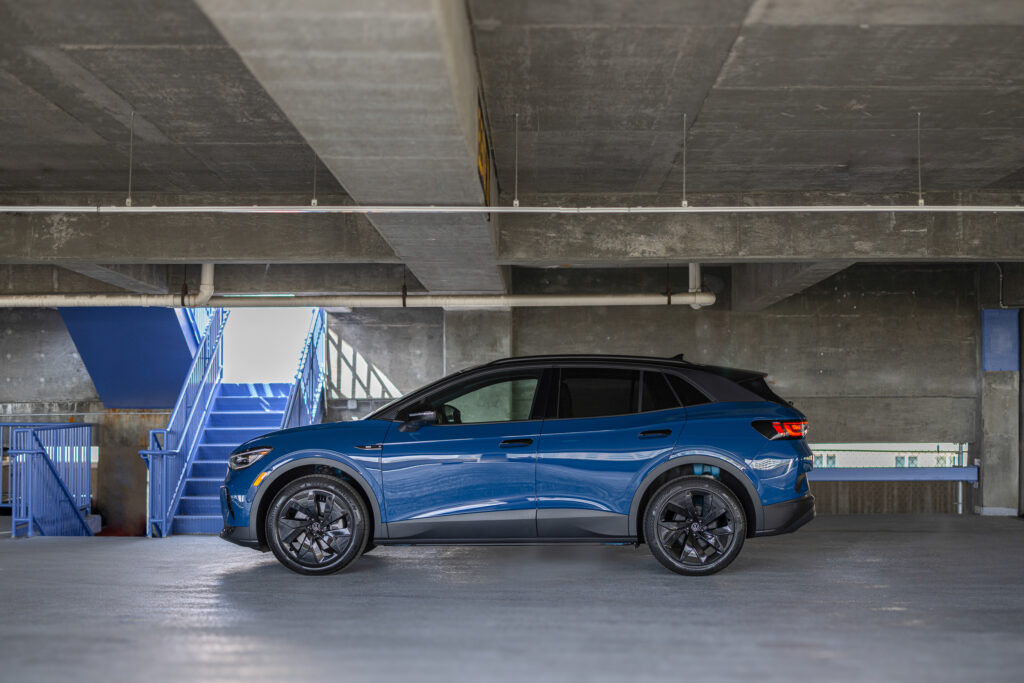
While the root cause remains elusive, “current analysis results show that certain deviations at the supplier of the battery modules may result in self-discharge.” If this issue exists in your ID.4, you might notice reduced range and/or performance.
As part of the recall, Volkswagen technicians will perform a battery health check and install updated self-discharge detection software. The company may also replace some batteries, based on the results of the inspection and software readings.
Only 1% of the recalled vehicles are believed to have the defect, which would equate to around 439 crossovers.
